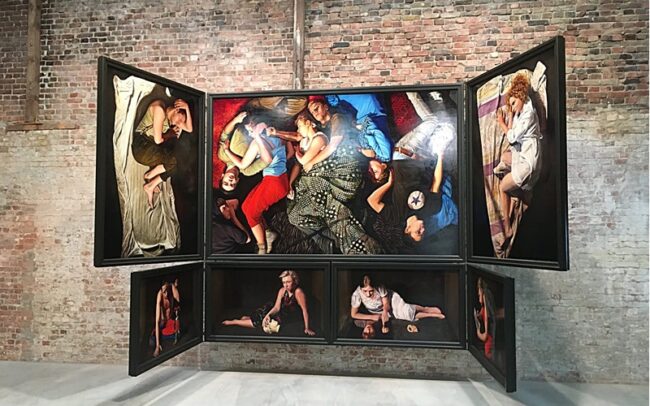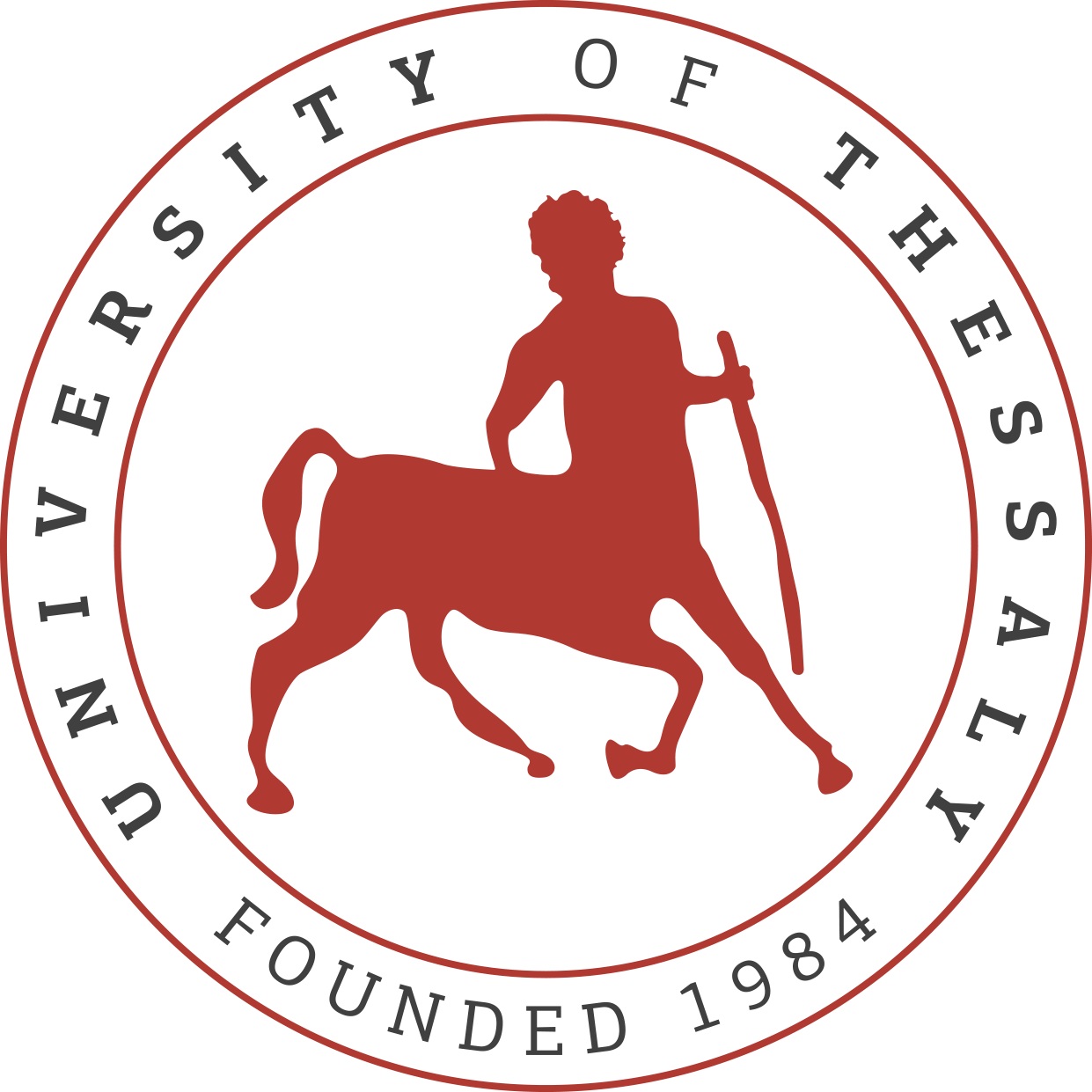Curatorship, Museum Studies, Art Education, and Museum Pedagogy

View of the exhibition Homemade Exotica (2019-2020) in Berlin curated by S. Bahtsetzis
The Department of Culture, Creative Media and Industries offers a series of workshops and theoretical courses focusing on the study, analysis, design, implementation, and evaluation of curatorial practices in the fields of exhibitions, collections, museums, and cultural heritage. These courses promote both theoretical and applied research on the significance of curatorial practices as a professional field and exhibitions as cultural phenomena. With an interdisciplinary character, drawing on art history and theory, the curriculum familiarizes students with a variety of tools and digital technologies suitable for museum use. Emphasis on digital applications in curatorial contexts equips students with knowledge and skills that enhance their competitiveness in today’s professional landscape. Around the world, tech companies increasingly collaborate with cultural organizations and professionals to develop innovative audience experiences, while also exploring the boundaries of technology itself.
This area of study is closely linked to a range of courses in museum studies, museology, education, and exhibition practices, covering both theoretical and practical approaches to the study of museums. It explores the strategies and methods museums use to interpret, organize, and present exhibits across different cultural contexts. Particular attention is paid to the ways meaning is constructed through architecture, spatial arrangement, and exhibition practices. The curriculum addresses key issues related to museology, cultural heritage management, emerging forms of digital curation and museology, and topics such as national identity, gender, colonialism, and decolonization. It also examines the role of museum education programs in promoting inclusion and equitable access to learning and culture. Concepts such as audience, publics, and community are studied as central pillars of contemporary museology, curatorship, and educational programming.
A series of workshops and theory-based courses also focus on artistic mediation and education. Emphasis is placed on the critical relationship between art, systems of knowledge, and institutions, and the intersections between formal and non-formal educational and artistic practices (both within and beyond academia and museums), as well as their connection to the public sphere. Students explore the multidisciplinary nature of creativity and its many expressions across academic fields, along with strategies for applying theory to the design of educational programs that foster creativity. They are trained to develop comprehensive educational initiatives (for primary and secondary education, as well as other learning environments), grounded in the principles of inclusion, empowerment, and equitable access to culture and education.
